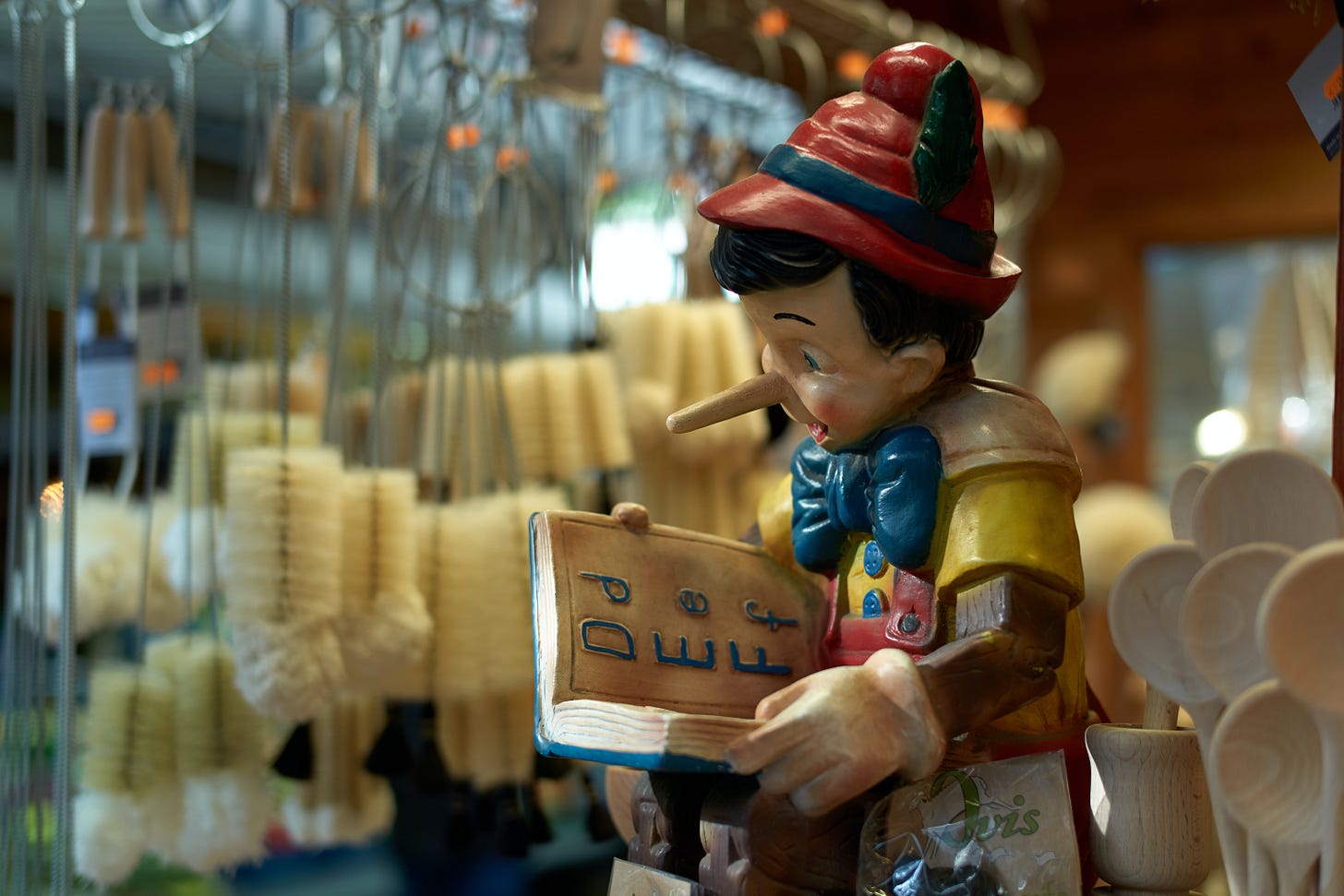Throwing together a case to defend free will.
“You can choose from phantom fears and kindness that can kill I will choose a path that's clear, I will choose Freewill” —Rush

It appears hard to defend the existence of free will in light of the mountain of rational and scientific evidence that goes against it. For example, Alex O’Connor proposes a logical argument based on the principle of excluded middle ¬ (P ∨ ¬P) (fancy for "choices gotta be A or B, no in-between”) stating that any kind of mental activity is either determined or it is not. He explains that if our mental activity is undetermined, then it must be random, and thus we are not in control. If it is determined, then it must be external to our mind, and therefore we are not in control. So, either way, Alex’s conclusion is that free will cannot exist.
My problem with Alex's argument hinges on his idea that determinism implies that we have no choices or that our choices are predetermined. This seems to be a misinterpretation of determinism. Determinism simply means that every event has a cause, and that includes our actions. It does not mean that our actions are predetermined in the sense that we have no free will to choose what to do. I would argue that our subjective experience of free will is evidence that we must have free will.
Enter Robert Sapolsky, a neuroendocrinology researcher and teacher of neurological sciences and neurosurgery at Stanford University. He contends in his book "Determined: A Science of Life without Free Will" that the intricate operations of our brains, which are subject to physical laws and chemical processes, are ultimately what determine our actions. He highlights the role of neural activity, genetic predispositions, and environmental factors in shaping our choices. He even suggests that our subjective experience of free will is an illusion, a product of our brains' ability to construct narratives and explanations for our actions, challenging the traditional notions of personal responsibility, punishment, and reward, arguing that we need to reconsider our moral framework considering the scientific understanding of human behavior.
This argument seems stronger, but even if our actions are predetermined, we still need to hold people accountable for their choices and assume that those choices are made consciously after careful thought and reflection.
The natural question becomes: Where do such conscious choices come from? What is that "conscience,” and how were we able to get it?
Let’s go back a couple of billions of years to the time when the Earth was a vast nucleotidic sea, filled with the building blocks of life but not with any single form of life yet. In this primordial soup, protocells began to form and were constantly exchanging molecules with their surroundings. At some point, these protocells began to distinguish between “themselves” and “other” cells in their environment.
The astrophysicist and astrobiologist Carl Sagan observed this phenomenon and suggested that this distinction between "self" and "other” was crucial for preventing self-consumption of vital resources, such as sugars, which would lead to inevitable death.
But how did this critical distinction arise? It is likely that through evolutionary processes, cells developed the ability to "choose" which resources to consume. This choice, although seemingly simple, represents a rudimentary form of free will. By actively selecting between "self" and "other," the cell exercised a degree of autonomy over its own fate.
As life forms evolved into more complex organisms, the concepts of "self" and "other" became increasingly sophisticated. The development of nervous systems allowed for more nuanced perception and decision-making, further expanding the scope of this fundamental distinction.
With the emergence of complex organisms, the stakes of choosing between oneself and others also escalated. Social interactions and the need for cooperation introduced a new level of complexity to the equation. Decisions now impact not only individual survival but also the fate of entire groups and communities.
This evolutionary journey from simple cellular choices to complex social interactions suggests that free will may not be a uniquely human phenomenon. It is possible that the basic need for self-preservation and the capacity to choose between "self" and "other" planted in the seeds of this human trait were present in the very beginnings of life itself.
Ultimately, the question of whether we have free will may not have a definitive answer, but the search for understanding this fundamental aspect of human experience remains a fascinating and important pursuit. At the very end, this debate seems far from settled by science.

